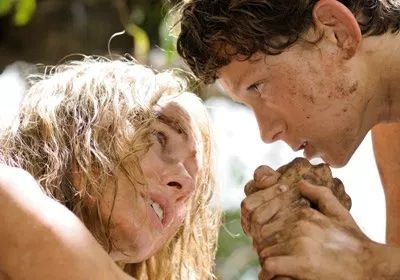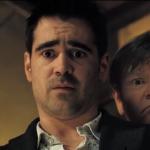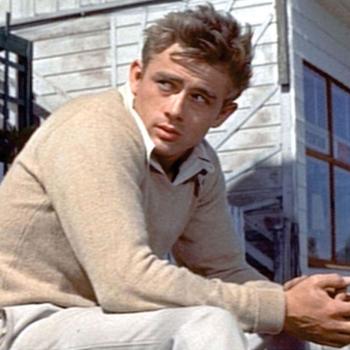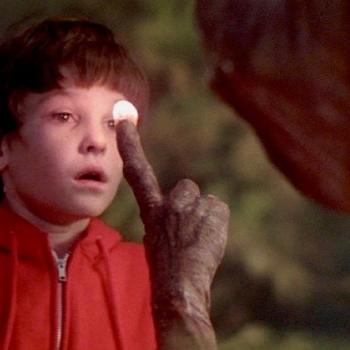
JA Bayona’s 2012 epic dramatizes the experience of the real-life Belón family (named the Bennet family in this film) as they were caught in the devastating Indian Ocean tsunami of 2004. Maria and her oldest son, Lucas, are swept away from Henry, the father, as well as the two youngest, Simon and Thomas.
In a movie like this, the tension obviously floats on whether or not this loving family is going to find each other by the end, but it’s not even the urgency to see this family reunited that sticks with me after rewatches: it’s the focus on service and the way that helping people, even complete strangers, can quell distress in the face of turmoil. Though the Bennets experience one of the worst recorded natural disasters in history, as they throw themselves into service, they find peace and, eventually, each other.

There are some really chilling shots shortly after the initial wave has subsided where we see Lucas and Maria wading through the wreckage. We see the full devastation the tsunami has wrought on the landscape, but the shots are just as foreboding for what they don’t show–any other living people. This view offers a window into the isolation and helplessness one feels after experiencing sudden trauma or loss. This itself creates a new crisis in the person afflicted–a sense of disconnect. Where something like the fallout of a natural disaster can’t be easily rectified, it’s always within our grasp to address this aching. We can always let someone know they aren’t alone in their distress.
The Bennet family is still in full crisis the first time someone else needs their help. Lucas and Maria hear a boy buried under debris crying out for help. Lucas is scared of being caught in another wave while Maria insists that if her other sons needed help, they’d pray someone would do the right thing, whatever the cost.

This sets a pattern for Lucas, who despite his young age suddenly finds himself running life-saving errands by himself as his mother is incapacitated. He doesn’t know if his mother will be okay or if he’ll ever see his father or brothers again, but he does know that there are people within his immediate circle who are starving for a helping hand.
I also admire that the film is honest about the immediate returns of such selfless actions. Namely, that there aren’t always immediate returns. You can drop a lot of energy into a single task without seeing any fruits for your labors for a long time. At one point, Lucas elects to help a man find his children, and he roams around the hospital shouting their names. Instead of finding these children, he finds more people looking for their families. It seems for a while that he isn’t bringing anyone together, he’s only collecting more names. His list has to get quite long, and he has to roam every inch of the hospital, before his efforts yield any results.
Before the film’s end, though, Lucas does get to see the fruits of one of his labors. He sees Daniel, the child he and his mother rescued from the debris, reunited with his father. Something that meant the world to this father and son all hung on an act of compassion that Lucas and Maria could have easily dismissed because it was inconvenient or because they had their own problems to worry about.

We also get a brief foil to this altruistic mindset when Henry sees another man with a phone and asks if he can please place a quick call home. The man thoughtlessly dismisses Henry’s plea. “Look around you. Everyone needs something, and our battery’s almost dead.” Compassion is a choice, a choice that unfortunately not everyone makes.
And then there are moments in which the Bennets are allowed to taste a portion of the grace they put out into the world. Henry is picked up by sympathetic survivors who allow him to use their phone to call his extended family. Henry feels obligated to keep his conversation brief so others can use the phone, but after he breaks down in helpless sobs, his new friends compel him to contact his family again. This itself gives Henry the strength to keep searching for, and eventually find, his wife and son.

Times being what they are, it can certainly feel like the world suddenly erupted in code red disasters overnight. I lack the omniscience to say for certain if the world only just started falling apart or if I only came to see the world in recent years for how it always has been.
Just the same, as the brokenness of the world forces itself more into the spotlight, I find myself drawn more to this film, and others like it, for the insight they offer into a world inundated with disaster. You can’t always help yourself, but you can always help your neighbor.














